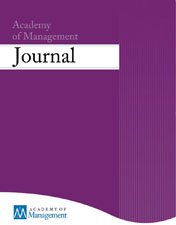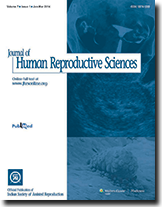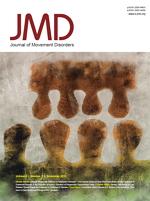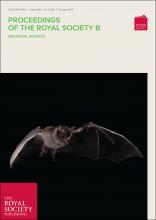 A paper that tested the clinical value of honey on venous ulcers has been pulled by the Journal of Clinical Nursing after an investigation uncovered “errors in the data analysis.” Last year, the authors pulled another paper on the healing properties of honey on wounds.
A paper that tested the clinical value of honey on venous ulcers has been pulled by the Journal of Clinical Nursing after an investigation uncovered “errors in the data analysis.” Last year, the authors pulled another paper on the healing properties of honey on wounds.
We just discovered this second retraction, which appears in the September 2015 issue of the journal, but was posted online last year.
The journal’s editor-in-chief, Debra Jackson, confirmed the dates and said that “a commercial company” brought the matter to their attention. After the journal asked a statistician to weigh in, they stated that a “substantial re-write would be required to correct the article,” and a retraction would be “the most suitable course of action.”
Although she said the authors initially sought to correct, not retract, the study, they eventually agreed with the decision.
Here’s the notice:
Continue reading Authors retract second study about medical uses of honey
 We’ve learned about two more retractions we missed for
We’ve learned about two more retractions we missed for 
 The author of a paper that looked at how the geographical spread of research and development sites has impacted innovation has posted a four-page list of corrections that fixed “empirical anomalies” in the paper.
The author of a paper that looked at how the geographical spread of research and development sites has impacted innovation has posted a four-page list of corrections that fixed “empirical anomalies” in the paper.

 The first author of a paper
The first author of a paper 
 A 13th retraction has been published for
A 13th retraction has been published for 